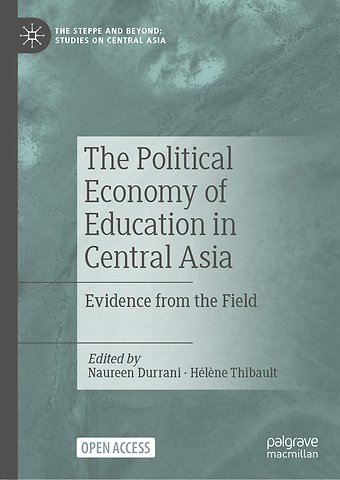The Political Economy of Education in Central Asia
Evidence from the Field
Gebonden Engels 2024 9789819985166Samenvatting
This open access book is intended as an original contribution to the conversation on the role and challenges of education in Central Asia to promote social cohesion by looking at Kazakhstan, Tajikistan and Uzbekistan. Examining education challenges within the countries’ wider historical, social, political, and cultural context, the contributions explore existing discourses concerning national identity, religion, language, gender, inclusion, internationalisation of education, and non-state actors through a Political Economy Analysis (PEA) lens. With the understanding that education is both a powerful mechanism of social reproduction in societies and a driver of social change, the book attempts to promote political economy analysis of education as a helpful analytical tool for educational debates and reform agendas in the region and thus will be a valuable resource for policymakers, practitioners, and scholars in this region and beyond.
Specificaties
Lezersrecensies
Inhoudsopgave
Rubrieken
- advisering
- algemeen management
- coaching en trainen
- communicatie en media
- economie
- financieel management
- inkoop en logistiek
- internet en social media
- it-management / ict
- juridisch
- leiderschap
- marketing
- mens en maatschappij
- non-profit
- ondernemen
- organisatiekunde
- personal finance
- personeelsmanagement
- persoonlijke effectiviteit
- projectmanagement
- psychologie
- reclame en verkoop
- strategisch management
- verandermanagement
- werk en loopbaan
